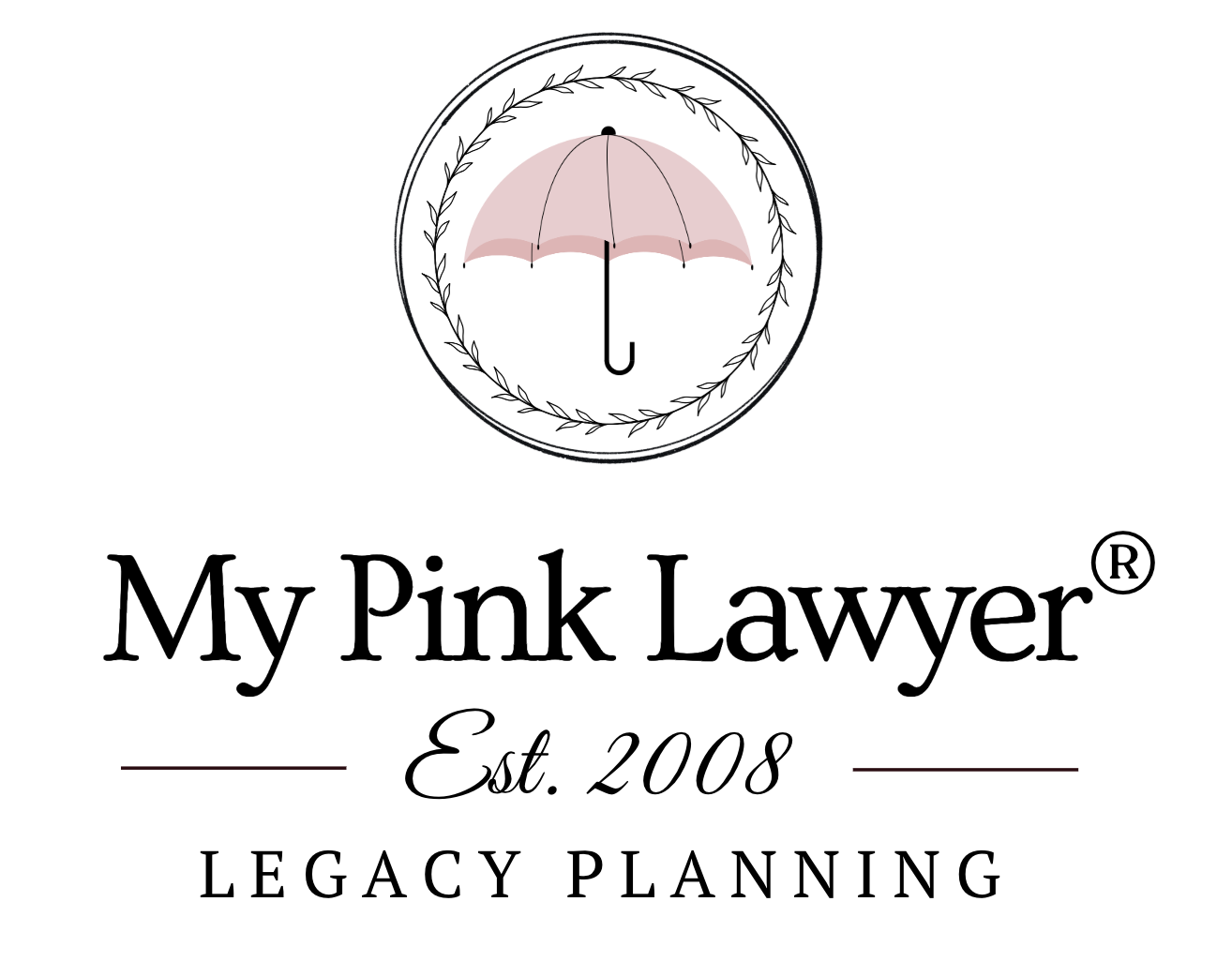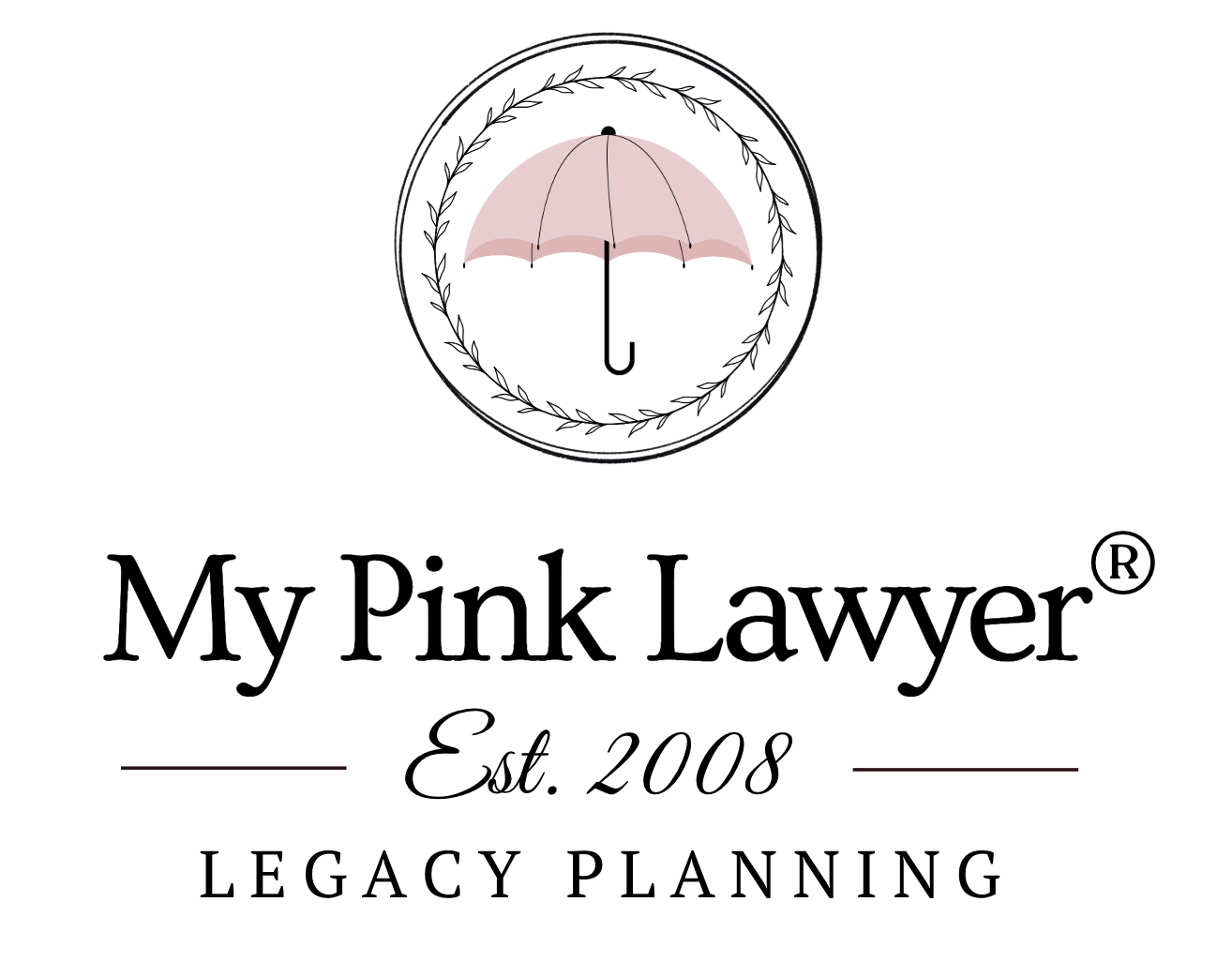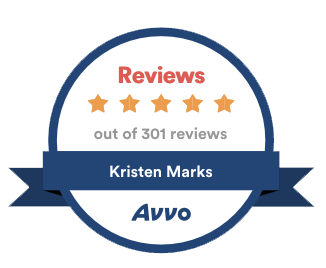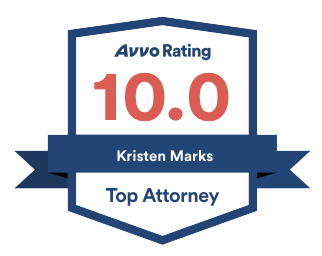What Do I Do Next Now That My Loved One Has Died?
Installment 1: Gather Important Papers
Losing a loved one stinks, no doubt about it. And to add insult to injury, you may be the one entrusted to begin handling your deceased loved one’s affairs at a time when you too are grieving.
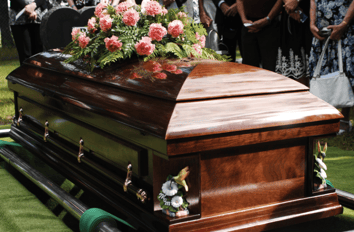
Although I cannot ease your emotional pain, we do hope to make your life and the days that follow as stress-free as possible. In that regard, I’ve compiled a preliminary checklist of important papers you should gather as quickly as possible for safe keeping following the death of your loved one:
· Certified death certificates. You can order these through the funeral home or the county health department. I suggest obtaining 10 copies initially (there will be a charge for each certified copy) with a mix of both the “short” and “long” form versions (without and with cause of death, respectively). Each financial institution and the court will require a certified/“official”/original death certificate for their records.
· Insurance Policies. If you cannot locate them, you should call the decedent’s life insurance agent or contact the insurance company directly.
· Marriage Certificate. If you are the surviving spouse, copies of your marriage certificate which may be required to apply for certain benefits. If you cannot locate it, you can usually request additional copies from the county clerk who issued your marriage license.
· Birth Certificates. If the deceased has any dependent children (minors or disabled), you may need their birth certificates in order to claim Social Security benefits for them. If you cannot locate them, you may request copies from the public health department in the county where the child was born.
· Will and Trust. You should locate the decedent’s original Will and Trust(s) documents. The decedent’s powers of attorney and advance health care directives are void upon death so agents under those documents no longer have legal authority to transact business on behalf of the decedent following their death. Instead, the nominated personal representative (called an executor in some states) in the decedent’s Will will need to be formally appointed by the probate court to be given authority over the decedent’s financial affairs. Alternatively, if the decedent had a trust, a successor trustee will have the authority to deal with any property or monies titled in the name of the trust.
· Armed Forces Discharge Papers. You will need a copy of the decedent’s honorable discharge papers to claim any veterans’ benefits. The certificate should show the branch of service, dates of service, and rank. If you cannot locate a copy of the DD Form 214, you may request it by completing the Standard Form 180 (SF180) available online.
· Social Security Information. Be sure to have the decedent’s social security number handy, along with the SSN’s for the surviving spouse and any dependent children. You can usually find this information on the decedent’s past tax returns, employment records, or other important papers.
· Deeds, Vehicle Titles, Account Statements. You should begin compiling information about all of the assets and accounts owned by the deceased. This will be important for your attorney to help you discern which assets need to be probated, which assets are controlled by any trust documents, and which assets may pass by way of beneficiary designations on file.
· Outstanding Debts. You should start keeping all bills that arrive in the mail (i.e. mortgage statements, utility bills, car payments, credit cards, medical bills, etc.) and discuss them with your attorney who will advise you on which bills should continue to be paid and which bills should be temporarily ignored for now. Generally speaking, ongoing mortgage payments and necessary utility bills should continue to be paid for the decedent’s home. Other unsecured debts such as credit cards and medical bills can usually be set aside pending notification of the decedent’s death and the filing of a probate proceeding. When in doubt, consult with a qualified probate attorney to advise you.
Although this list is by no means comprehensive, it does serve as a guideline to organizing important papers so you are ready to take the next steps in addressing your loved one’s financial affairs.
And, while you're at it, do your family a favor and gather and organize these important papers for THEM so they are not left scrambling to recreate your life when you die.
If you need guidance or assistant with next steps following the death of a Florida loved one, you may schedule a probate consultation with our office using our online calendar or by phone the office: 850-439-1191.
